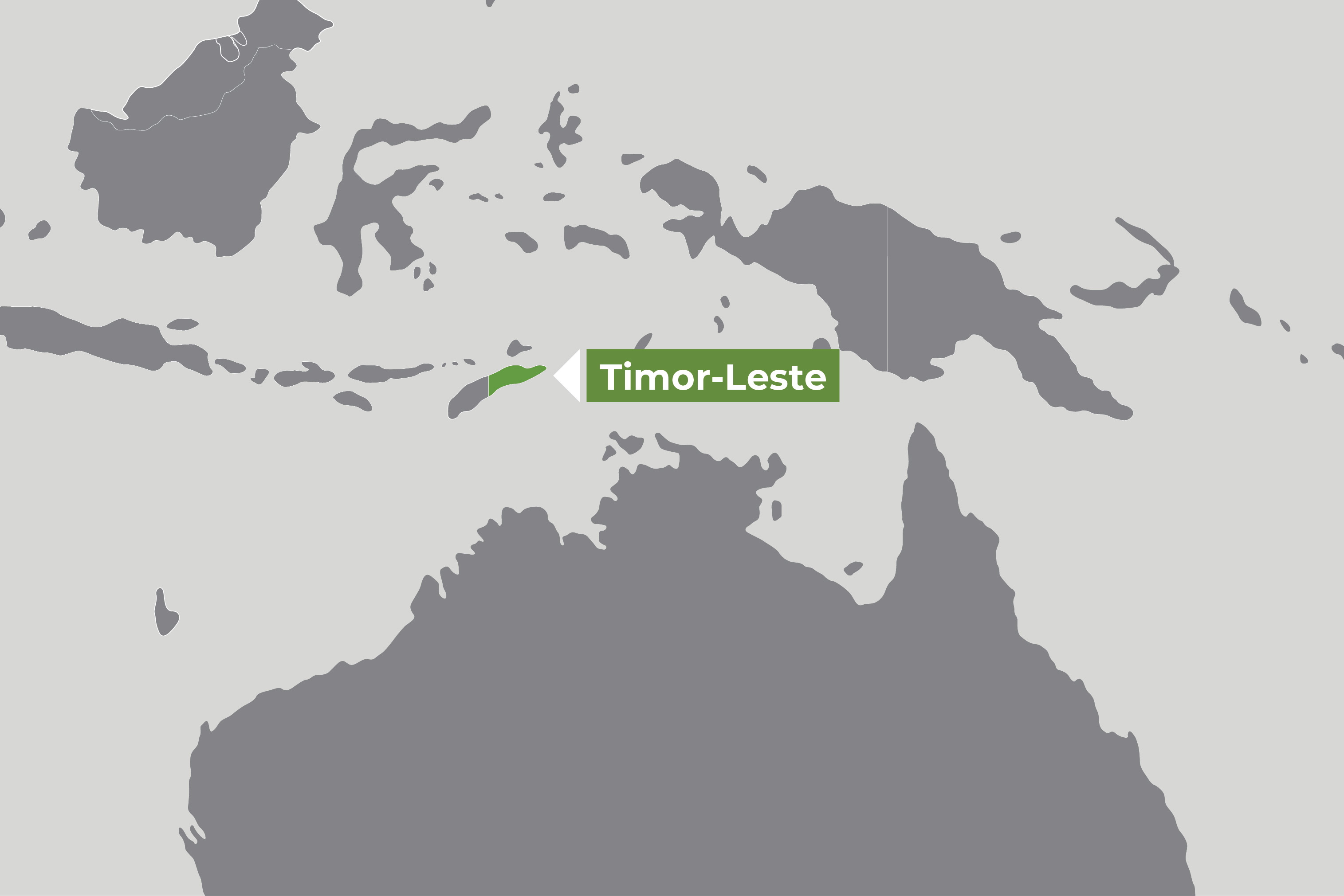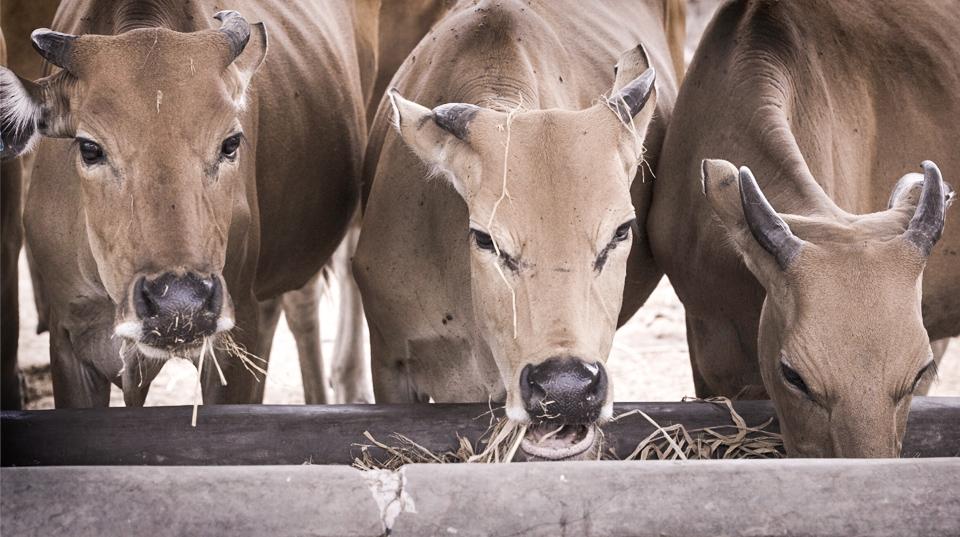Overview
This project aims to identify risk factors for bovine brucellosis transmission and facilitate implementation of evidence-based brucellosis control measures in Timor-Leste using a participatory and One Health approach. Reducing brucellosis transmission has potential to improve cattle reproduction and is a step towards improving international market access for cattle, which ultimately translates into better income, food security, and livelihood for farmers.
Despite the presence of bovine brucellosis, there are no control programmes for brucellosis in Timor-Leste, and most smallholder farmers are unaware of this disease affecting reproductive performance of their animals and the zoonotic potential (De Almeida A. Lecturer, Universidade Nacional Timor Lorosa'e. Timor-Leste. Personal Communication. 2022).
Control of brucellosis is in line with the Ministry of Agriculture and Fisheries' (MAF's) priorities. The identification of risk factors for transmission will facilitate establishment of evidence-based measures to reduce zoonotic transmission in a population that is most vulnerable to the disease.
This project presents an opportunity to improve cooperation between animal and human health stakeholders as a model for future One Health collaboration, in response to zoonoses like brucellosis with animal and human health implications.
To our knowledge, there has been no culture-confirmed cases of human brucellosis, but this may reflect under-recognition of human cases of infection, because brucellosis is currently not routinely considered as a differential for individuals presenting with chronic symptoms such as recurrent fevers. There is also no previous research on brucellosis seroprevalence in humans. Therefore, an improved understanding on the prevalence of brucellosis especially in an at-risk population will help determine if this disease is a significant human health issue within the country.
Overall, this is an implementation research project that seeks to address the development issue through a novel approach that fosters One Health collaboration at both the national and community level. It uses the research aspects to draw from participant perspectives and inform the best approach for a locally successful strategy. The participatory co-design methodology seeks to improve trust and engagement between the community and government officials and ensures that the project's progress and improvements will be a continual and iterative process together with farmers and local government partners.
This project is part of the ACIAR/IDRC Research Program on One Health (AIRPOH) —a partnership between ACIAR and Canada’s International Research Development Centre. The program forms a portfolio of interconnected projects throughout East and South-East Asia supporting research that will have a transformative impact on human, animal and environmental health.
Project activities and expected outcomes
- NHL and VDL gain capacity to perform serological screening and confirmatory testing for brucellosis.
- Better knowledge of risky practices associated with animal and zoonotic brucellosis transmission in the government and community.
- Stakeholder interest on implementing brucellosis control measures due to participatory co-design process.
- Increased implementation of control measures at the village level, with key barriers and enablers for successful implementation identified.
- Improved interaction between government and community on implementation of trial control measures.
- Better One Health collaboration on brucellosis, with a better understanding on the key barriers and enablers for collaboration.






